Five Safety Measures Beaches Are Taking to Minimize the Spread of COVID-19
Seaside areas around the world are using technology and strict regulations to try to protect visitors from the virus
/https://tf-cmsv2-smithsonianmag-media.s3.amazonaws.com/filer/49/5c/495c5b90-9f32-4c9b-9de2-5d54e1b8589b/french_beach_during_pandemic.jpg)
After months of being cooped up inside in an effort to help curb the spread of COVID-19, people are eager to get back to normal day-to-day life—or at least as close to normal as they possibly can. During the summer that may mean a trip to the beach. However, before you pack your beach bag and set out for a day of sunshine and waves, it’s important to understand that many beaches around the world are enforcing special regulations to ensure that beachgoers remain safe and continue to practice proper social-distancing measures. In some cases, different municipalities are taking things a step further than simply closing off restrooms and boardwalks by using drones and digital apps to help keep people safe.
Here are a few of the latest measures happening at beaches this summer.
Drones in Daytona Beach, Florida
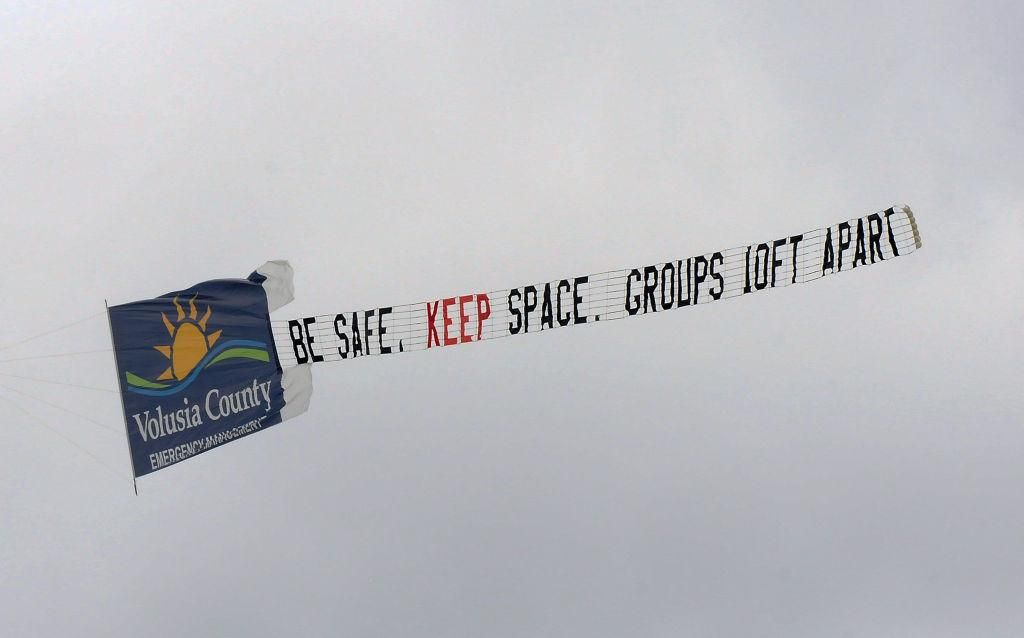
Taking a page from the popular futuristic TV series “Black Mirror,” the Daytona Beach Police Department in Florida is using drones to ensure that beachgoers are keeping at least six feet of space between one another. Equipped with cameras and loud speakers, whenever one of the drones comes across people who aren't abiding by proper social distancing guidelines those individuals will receive a message to move apart. In an interview with Daytona Beach’s News 6, Sgt. Tim Ehrenkaufer says, “What we’re doing with this department is leveraging the technology that is already out there and making it fit into this mold that is COVID-19.” Each drone also has a FLIR camera that can register a person’s body temperature to make sure that they don’t have a fever, one of the hallmarks of the virus.
Reservations in Spain
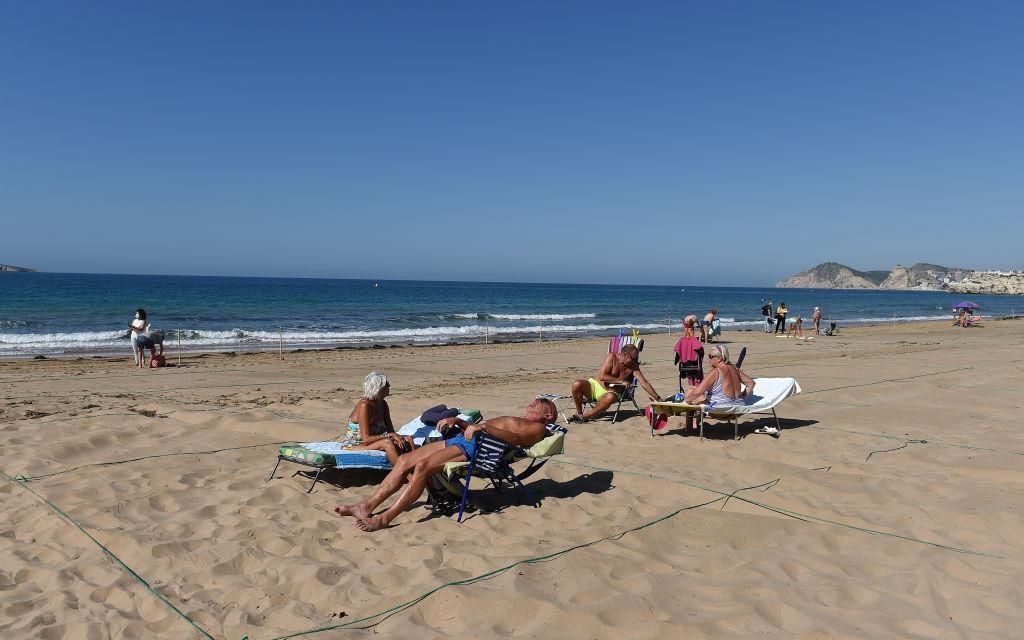
Before stepping foot onto the sugar-white beaches of Canet d'en Berenguer, a popular coastal destination in eastern Spain, visitors must first reserve a space using a free downloadable app. This new regulation, which is expected to come into effect later this month, is meant to help curb the amount of people using the beach at any given time, capping off the total capacity to 5,000 individuals on 4,100 feet of coastline. In an article on CNN, Pere Joan Antoni Chordá, the mayor of Canet d'en Berenguer, compares the new policy with air travel. "This summer will be very different,” he says. “There will be more space between your neighbor. Like a 'business-class' beach." According to CNN, the beach will be divided into a spaced grid, with each square separated with netting. Beachgoers can only reserve spots for the mornings and afternoons, and not for a full day, and must show their reservation to beach staff before entering.
Digital Apps in Portugal
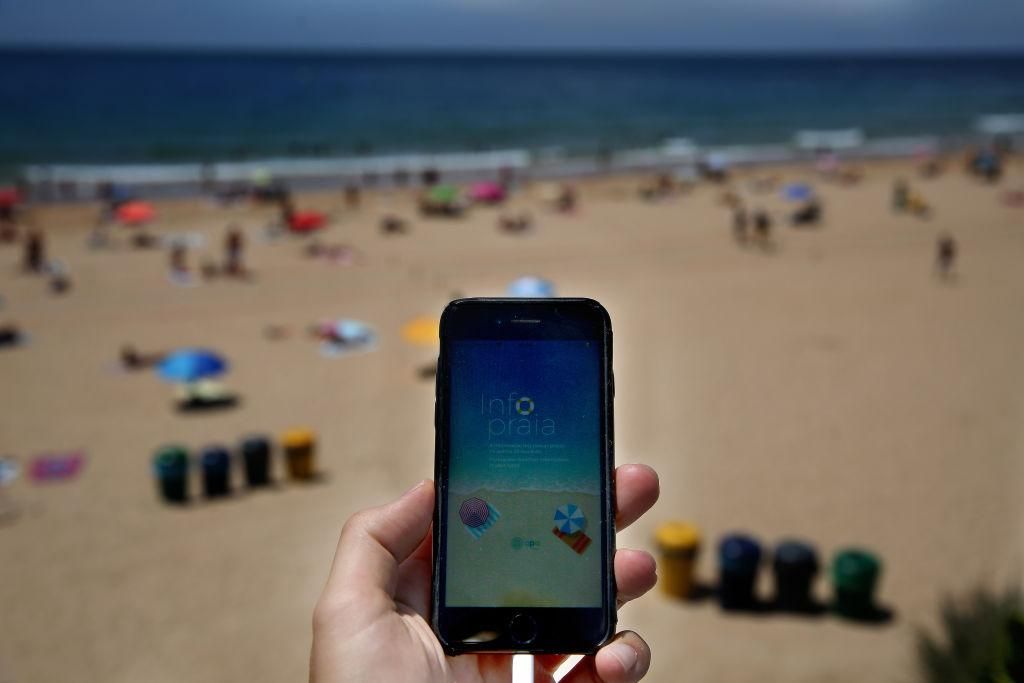
As beaches reopen across Portugal, local municipalities are taking a more hands-off approach when it comes to social distancing. The Portuguese Agency for the Environment, a governmental entity that develops and monitors public policy in relation to the environment, has created an app that is available to the public that shows in real-time how crowded each beach is throughout the day. Using mobile phone data, the app monitors a beach’s popularity and allows visitors the freedom to decide whether or not they feel comfortable going to that location. In an interview with Reuters, Antonio Costa, the country’s prime minister, says, “Beaches should be places of leisure. We have to be checking ourselves.” In addition to the app, it’s up to beachgoers to ensure that they give at least six feet of space between groups, and beach sports involving two or more people (such as volleyball) aren’t allowed.
Capacity Limits in New Jersey
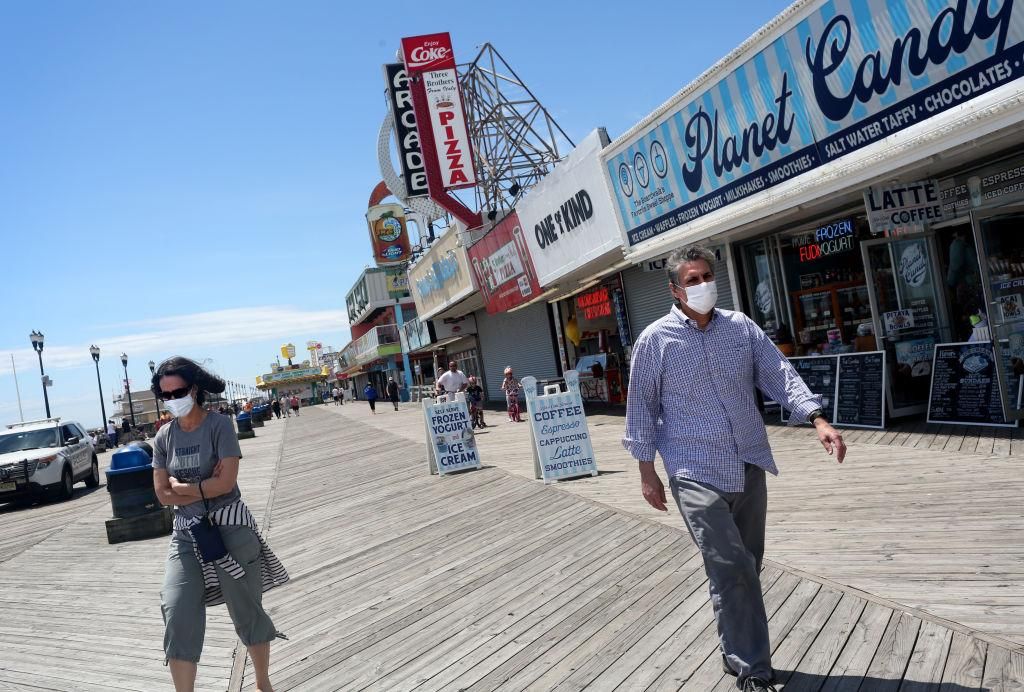
With 130 miles of coastline stretching along the Atlantic Ocean, the Garden State is leaving it up to “local authorities to set and enforce their own rules” when it comes to reopening the shoreline in the wake of COVID-19, according to an article published on NJ.com. In order to open, each location must “enforce social distancing measures, prohibit contact sports and organized events, and implement proper and regular sanitation procedures in facilities at all beaches across the state,” states a NJ.com beach guide. To help control the influx of visitors on the shore, many locales are limiting the number of beach badges (passes) available to enter, which is the case in Belmar, Ocean Grove and Point Pleasant. In Cape May County, teams of “social distancing ambassadors” will be on patrol ensuring that people are keeping at least six feet of space from one another.
Mandatory Masks in Los Angeles County
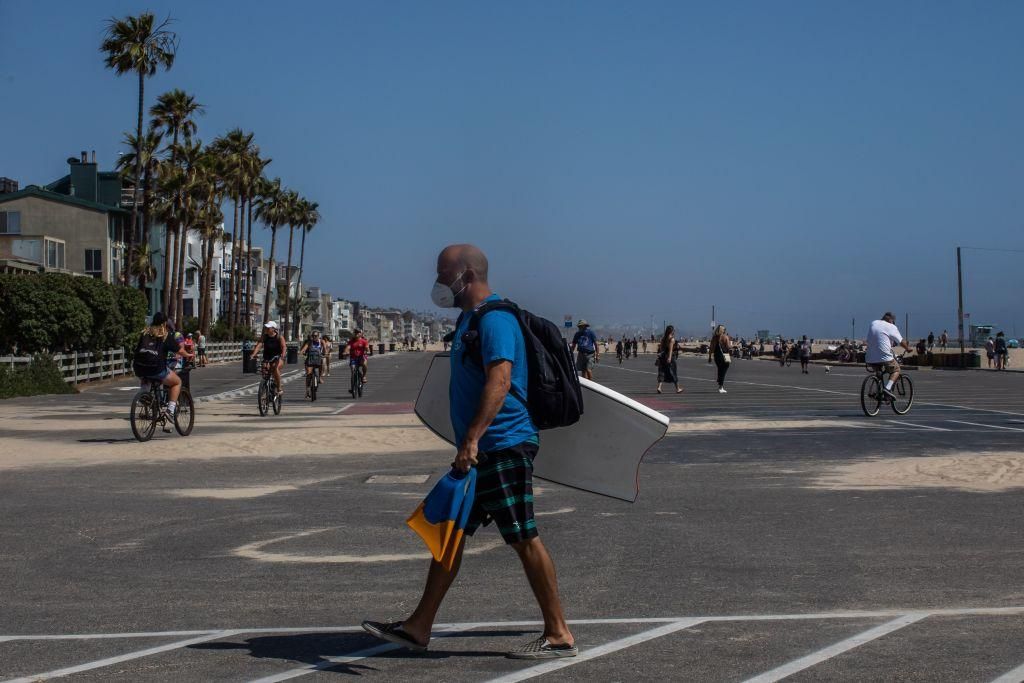
To help lessen the spread of the virus, Los Angeles Mayor Eric Garcetti has made it mandatory that those visiting beaches in Los Angeles County, such as Marina Del Rey or Manhattan Beach, must wear face masks anytime they’re out of the water. His office released the following statement, which was published in an article on CBS Los Angeles in mid-May: “While we have made real progress, this virus is still deadly and we’re learning important lessons on how to safely live and work with it. Now, we’re requiring most Angelenos to wear face coverings because they can make an enormous difference in protecting the health and safety of our community.” The strict guideline also comes with a handy new hashtag: #BYOM or “Bring Your Own Mask.”